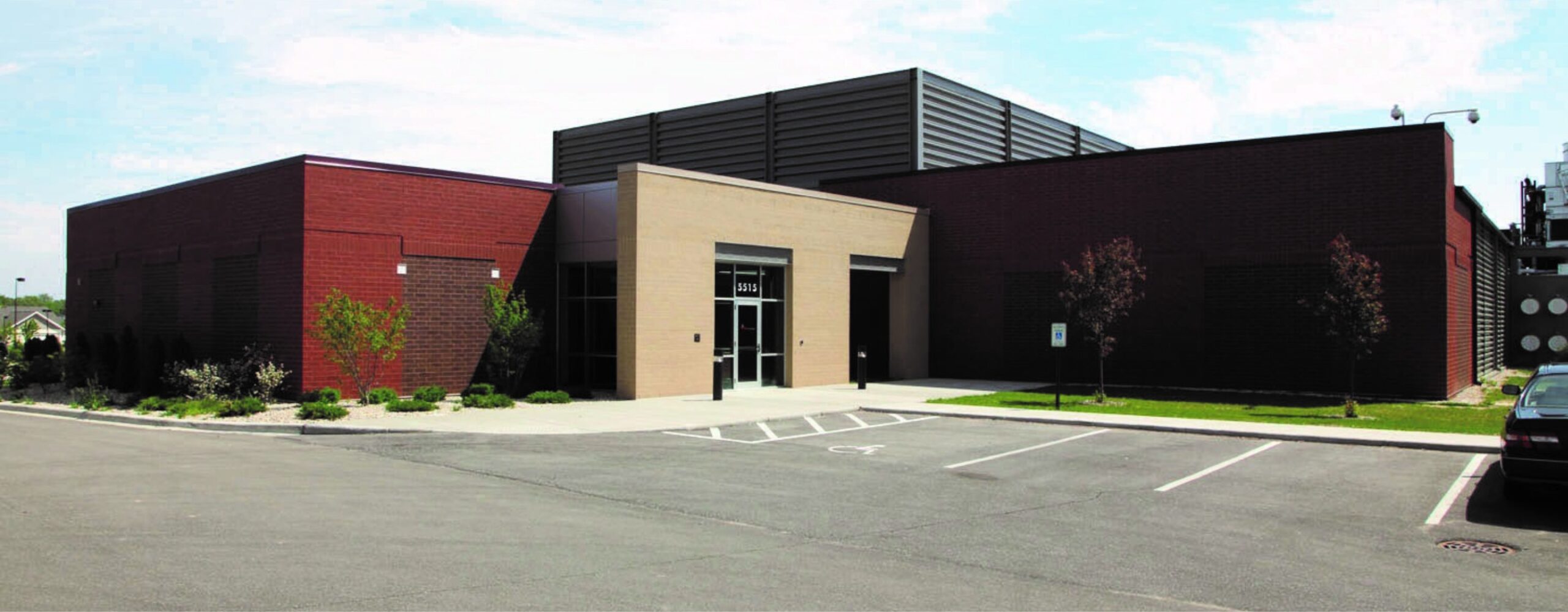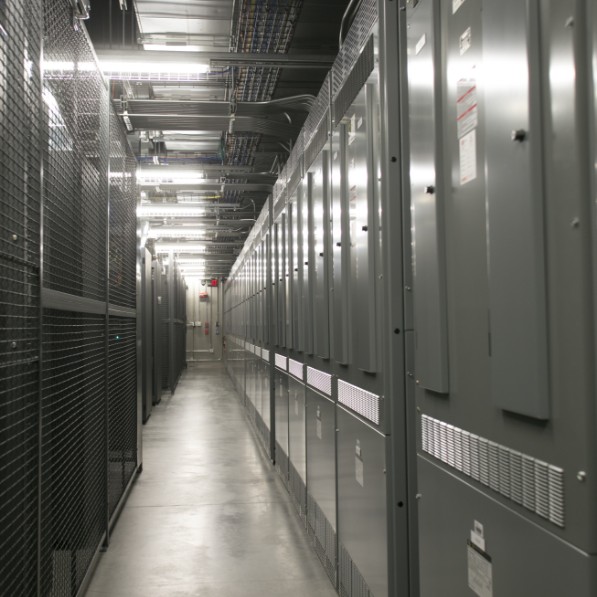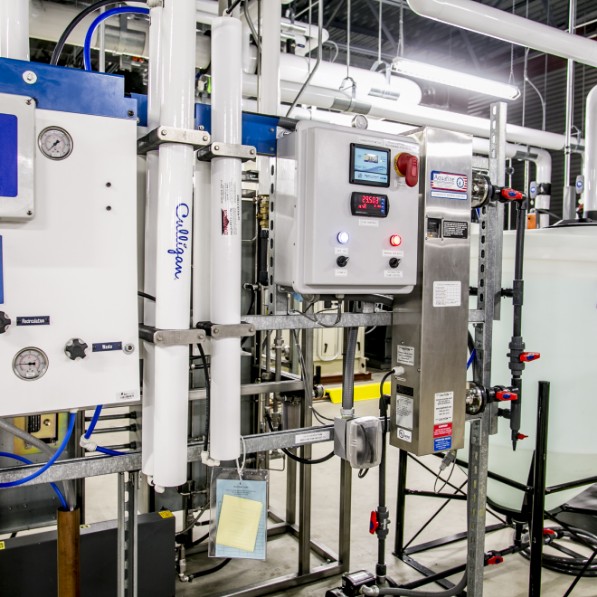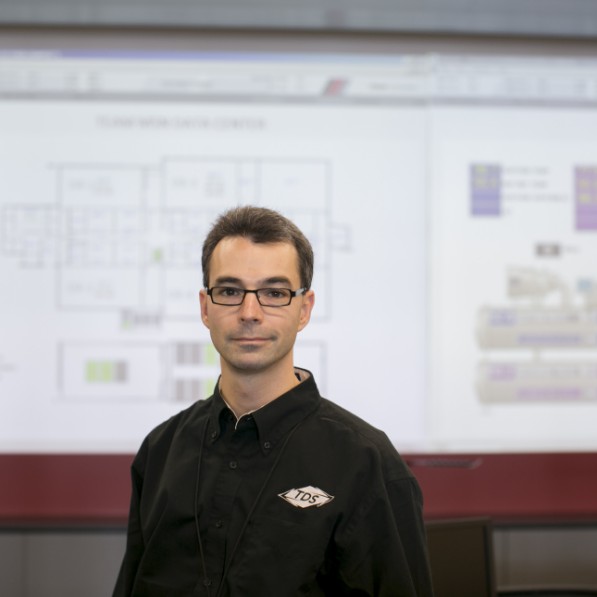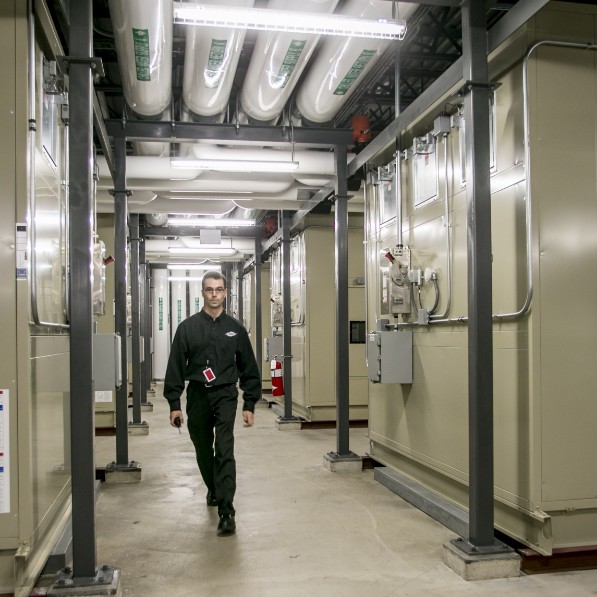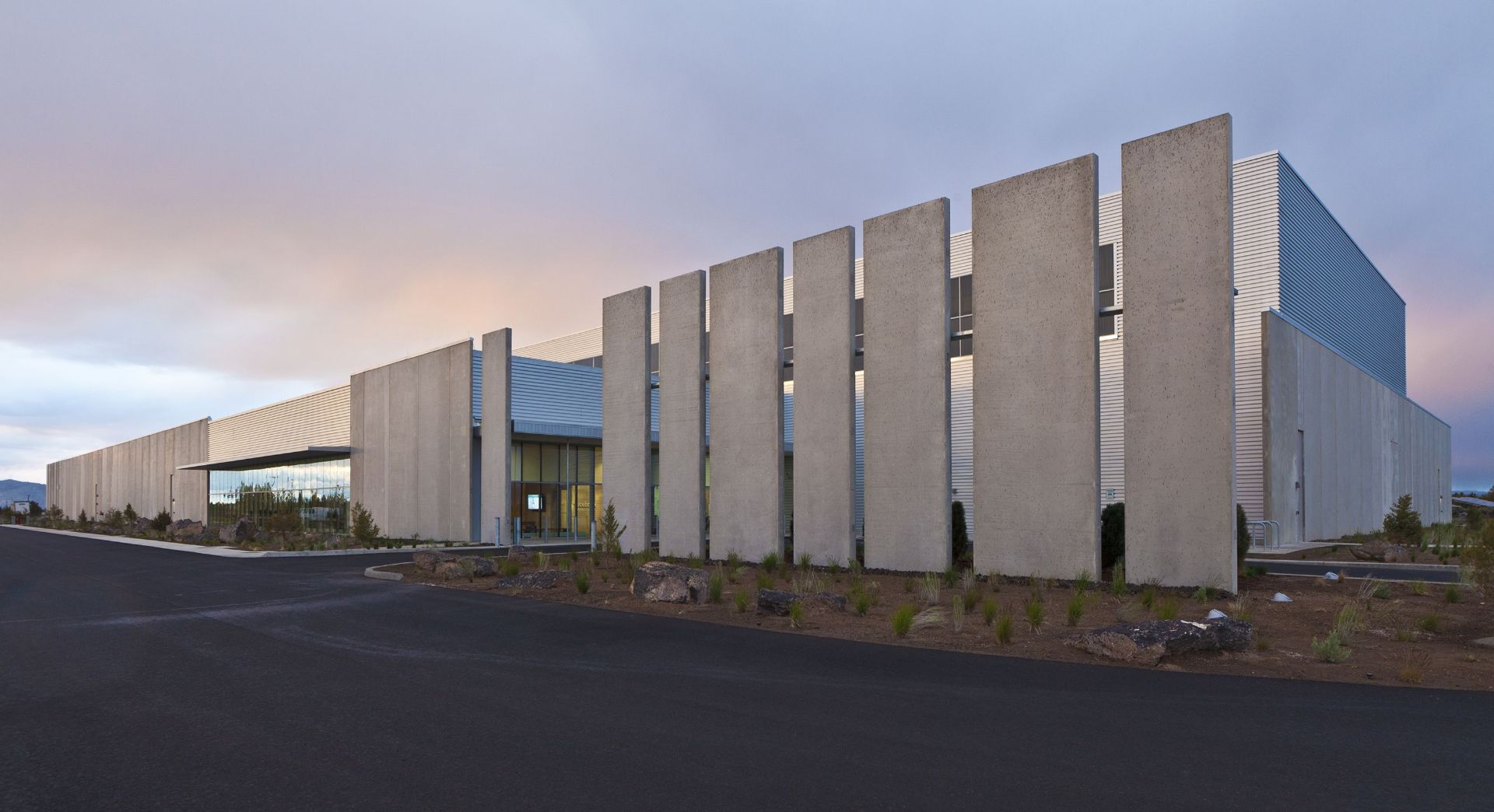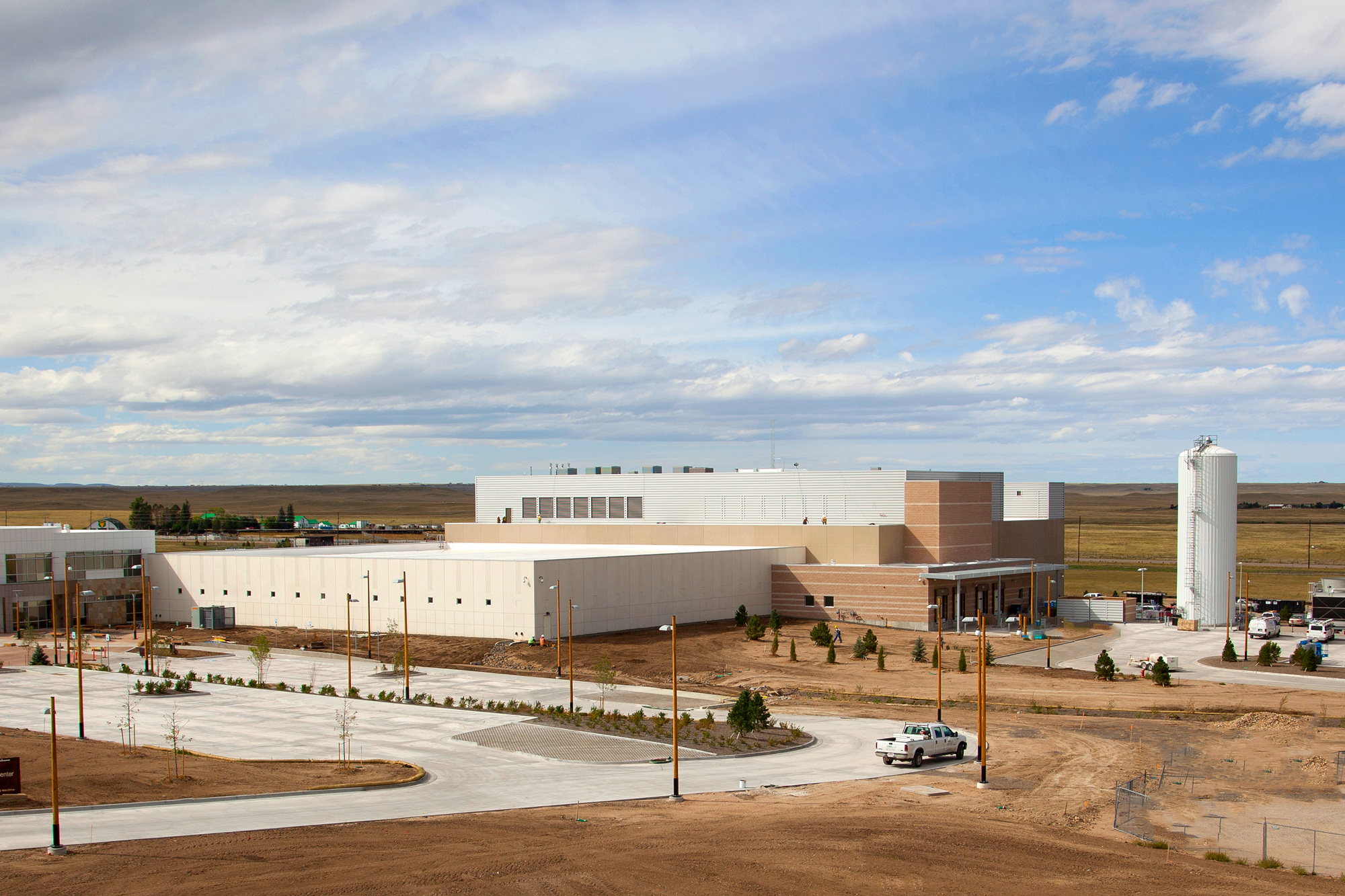Boosting Data Center Efficiency with a MeeFog Humidification System
Data Centers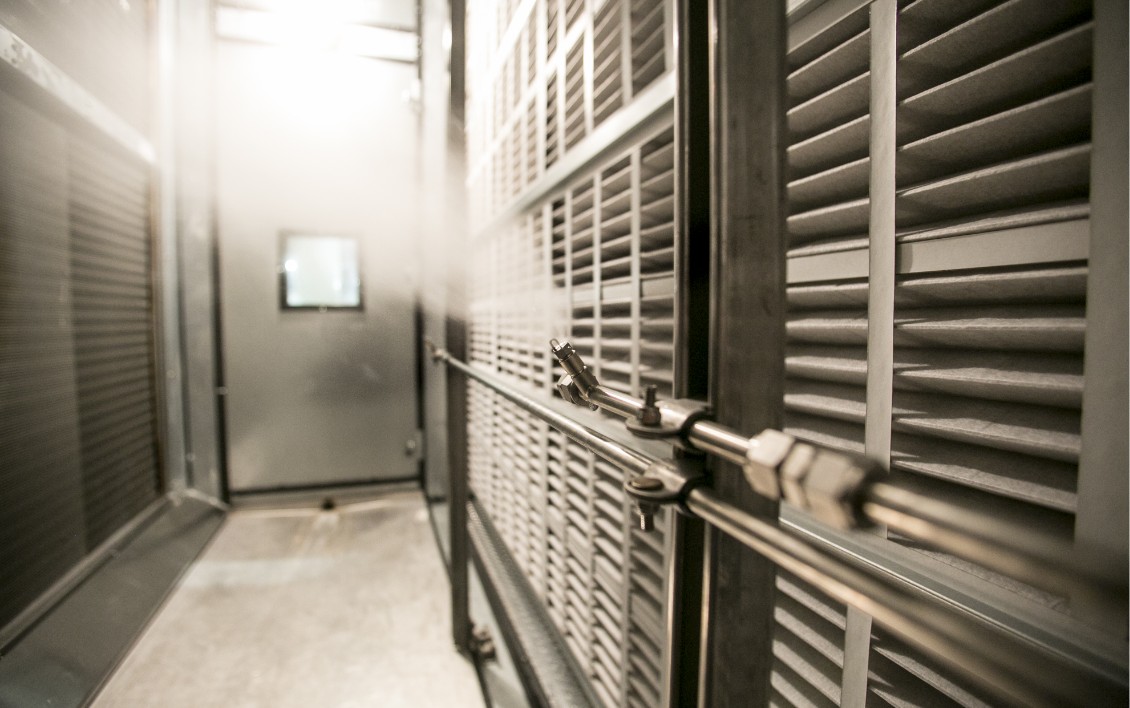
OneNeck is quite pleased with the efficiency results obtained so far, and those numbers will improve as the data center continues to fill up. Eric Patterson, Facilities Manager, has also noticed that maintenance is easier. “With the MeeFog system there is less maintenance than our legacy steam humidifiers,” he says. “We don’t have any calcification issues, no elements to burn out, no floats to get fouled or bubble indicators. We just have to change the oil, check the belts, change the filters and we are done.”
Challenge
Steam penalizes your cooling, but fog actually cools the air, which reduces the load on the chilling coils. OneNeck IT needed tier 3 redundancy to allow repairs on any part of the system at any time and still have enough capacity to handle the entire data center. This would allow for proper data center cooling and humidification.
Solution
The MeeFog high pressure fogging systems runs a fully redundant system. Providing Tier 3 redundancy with two independent pumps, two independent power connections and two independent mechanical controls.
OneNeck® IT Solutions Fitchburg, Wisconsin
Colocation facilities need to create an optimum data center infrastructure to efficiently support any hardware or services multi-tenant customers decide to load into the racks, and they have to be ready to cope with shifting loads as customers add and remove equipment. Data center operator OneNeck IT Solutions, for example, recently expanded its data center in the Madison area, doubling the square footage. But in doing so, OneNeck found ways to significantly cut the power usage through innovations such as installing a fog-based humidification system, changing to a different type of Uninterrupted Power Supply (UPS) battery backup and modifying its building automation system parameters.
The Physical Site
OneNeck IT Solutions has a data center in Fitchburg, Wisconsin, a few miles south of Downtown Madison. The facility is 60,000 square feet with a 14’ ceiling height It includes six data rooms and 3,350 square feet of space for the Facility Command Center. This is a Tier 3 facility (Tier 4 electrically) with dual UPS, reserve generators with 24 hours of on-site fuel storage, and two diverse path utility feeds from separate carriers. Security officers are on post 24/7 and access is controlled through a multi-level biometric and proximity card system.
The facility was designed in a phased build architecture to allow for rapid expansion. When building Phase II, the company looked for opportunities to significantly reduce its energy costs through using water side free cooling and a MeeFog humidification system instead of the electric steam generator that was used in Phase I.
“Switching from a standard electric heat steam generator to a low-energy MeeFog system resulted in a significant efficiency improvement,” says Eric Patterson, OneNeck data center facilities manager in Wisconsin. “It makes no sense to be injecting hot steam into the cold air ducts when you can add a cool mist instead.”
Installation Challenges/ Specifications
For data centers that use outside air economizers, evaporating fog can cool the outside air down enough to make chillers unnecessary. This approach, however, only works with a steady stream of outside air, otherwise the air inside the building quickly reaches its humidity limit and no more cooling can be obtained. This was the situation with the OneNeck data center in Madison.
The computer rooms need humidification year round, so Mike Gall, a LEED Accredited Professional HVAC engineer at Masters Building Solutions recommended going with a MeeFog system, rather than installing another electric steam generator. A MeeFog system typically uses about 1/100 the energy of an electric steam humidifier, and cools rather than heats the air.
Two computer rooms were each serviced by three air handling units (AHUs), one of which was redundant. Only one air handler fogging system is required to handle all the humidification load for one data room. So, if one of the AHUs went down or one of the fogging units went down, the redundant AHU and redundant fogging unit would provide enough moisture for the data room.
Referring to a closed system without outside air economizers, “steam only hurts you because it penalizes your cooling,” says Gall. “Going to a MeeFog system that essentially was free— other than just one or two horsepower for the pumps—made a lot of sense.” Steam only adds a small amount of heat to the air—the specific heat of the hot water vapor—but fog actually cools the air, which reduces the load on the chilling coils.
The challenge in this case was to design a simple system that would still meet the data center’s redundancy requirements.
Ready to learn more about how Meefog Systems can help with your data center cooling and humidification? Click below to contact us.
Installation Gallery
“Switching from a standard electric heat steam generator to a low-energy MeeFog humidification system resulted in a significant efficiency improvement,” said Eric Patterson, the Madison data center’s facilities manager. “It makes no sense to be injecting hot steam into the cold air ducts when you can add a cool mist instead.”
